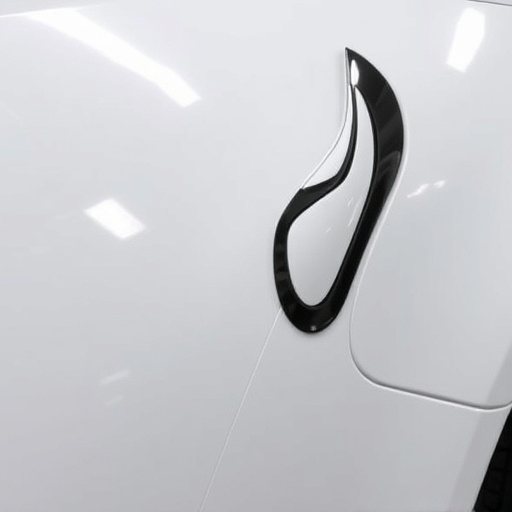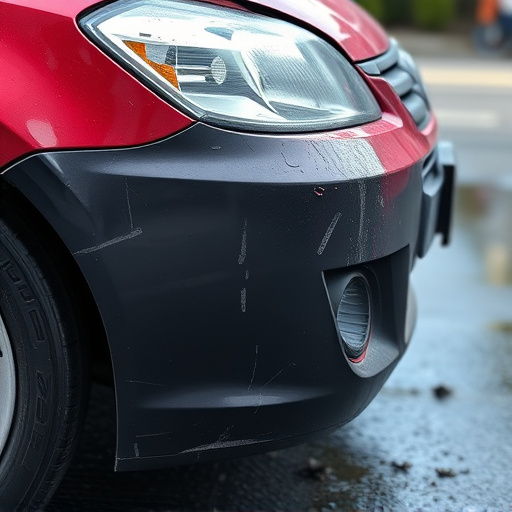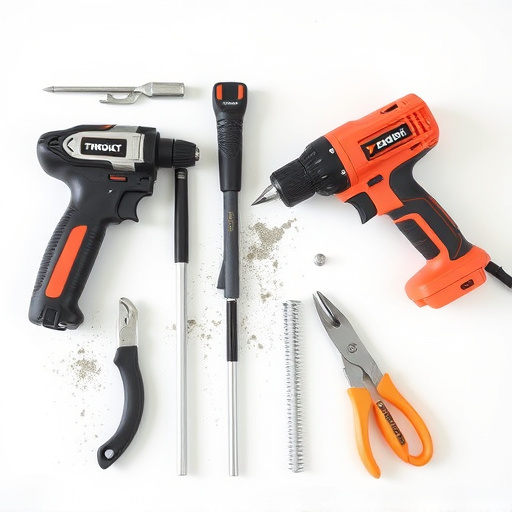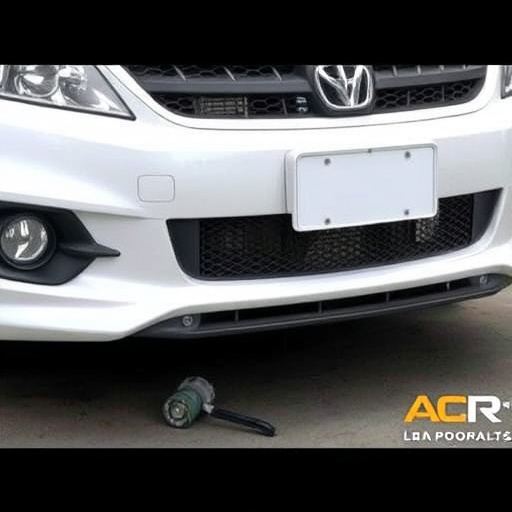Auto settlements have evolved to include diminished value claims, addressing reduced vehicle resale value after accidents beyond physical repairs. Insurers now assess tangible costs and subjective car worth, making these claims vital for long-term financial implications. The rise in diminished value claims prompts insurance companies to overhaul policies with stricter guidelines, advanced technology, and comprehensive restoration techniques. Vehicle owners should understand this concept, assess damage, gather evidence, and engage expert repair services to receive fair settlements accounting for diminished value.
In the ever-evolving landscape of auto settlements, a new factor has emerged: diminished value claims. These claims, arising from damage or incidents that reduce a vehicle’s market value, have significantly altered the way insurance companies assess and settle cases. This article delves into the world of diminished value claims, exploring their impact on both insurance providers and vehicle owners. We’ll navigate the claims process, discuss cost management strategies for insurers, and highlight the rights of vehicle owners to secure fair compensation.
- Understanding Diminished Value Claims: A New Factor in Auto Settlements
- Impact on Insurance Companies: Adjusting Policies and Cost Management
- Rights of Vehicle Owners: Navigating Claims Process and Fair Compensation
Understanding Diminished Value Claims: A New Factor in Auto Settlements

In the past, auto settlements primarily focused on costs associated with immediate medical care and vehicle repairs after an accident. However, a new factor has emerged in recent years: diminished value claims. These claims refer to the reduced value of a vehicle following an accident, taking into account not just physical damage but also perceived aesthetic and market value impacts. When a car experiences visible or structural damage, even if it’s successfully repaired through quality auto body repairs, its resale value might suffer due to potential buyers’ concerns about hidden issues or decreased overall condition.
This shift in considerations has significantly influenced settlement processes. Insurers now must assess not only the tangible costs of vehicle bodywork repair but also the subjective notion of a car’s perceived worth in the secondary market. As such, diminished value claims have become a crucial component in determining fair settlements, ensuring that vehicle owners receive compensation that accounts for both immediate and long-term financial implications of accidents involving their cars.
Impact on Insurance Companies: Adjusting Policies and Cost Management

The rise in diminished value claims has forced insurance companies to reassess their policies and cost management strategies. As these claims become more prevalent, insurers are recognizing the significant financial impact they can have on their operations. Diminished value claims, which arise when a vehicle’s resale value is reduced due to damage or accidents, even with successful repairs like fender repair or car paint repair, present a unique challenge for insurance providers.
In response, many insurance companies are adjusting their policies by implementing stricter guidelines for evaluating and processing these claims. They are investing in advanced technology and data analytics to better assess the extent of damage and predict potential resale value losses. Furthermore, they are encouraging vehicle restoration techniques that can help mitigate diminished value by ensuring thorough repairs and minimizing visible signs of previous incidents, such as competent car paint repair. Through these adaptations, insurance companies aim to manage costs while providing fair settlements for policyholders experiencing diminished vehicle values after accidents.
Rights of Vehicle Owners: Navigating Claims Process and Fair Compensation
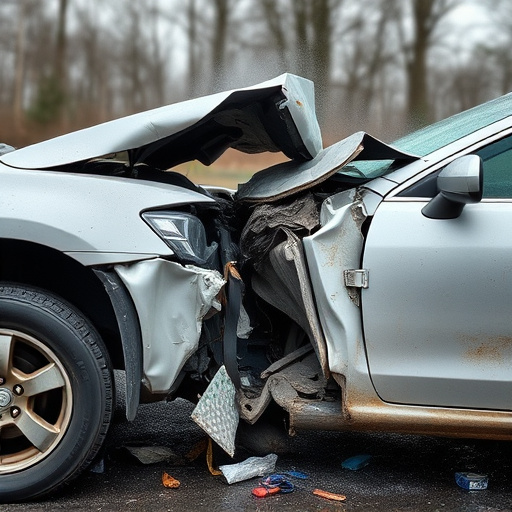
Vehicle owners now have a greater understanding of their rights when dealing with diminished value claims after an accident. Once considered a complex and often overlooked aspect of auto settlements, these claims are gaining recognition. When a vehicle sustains damage, whether through an accident or a natural disaster, it can suffer what insurance terms as “diminished value.” This refers to the reduction in the car’s market value post-repair due to the incident.
Knowing how to navigate this process is crucial for owners when dealing with auto body shops and insurance companies. It involves assessing the damage, gathering evidence, and understanding their entitlements to fair compensation. Engaging with reputable vehicle body shops that offer expert auto repair services can help streamline this process. These shops often work closely with insurance providers, ensuring owners receive appropriate settlements for not only repair costs but also any diminished value their car may have incurred as a result of the incident.
Diminished value claims have significantly reshaped auto settlements, introducing a new variable that affects both insurance companies and vehicle owners. As these claims become more prevalent, insurance providers must adapt their policies and cost management strategies. Meanwhile, car owners now have an additional consideration when navigating the claims process, ensuring they receive fair compensation for their vehicle’s reduced value post-accident. Understanding diminished value claims is crucial in today’s digital era, where auto settlements are increasingly data-driven and complex.





